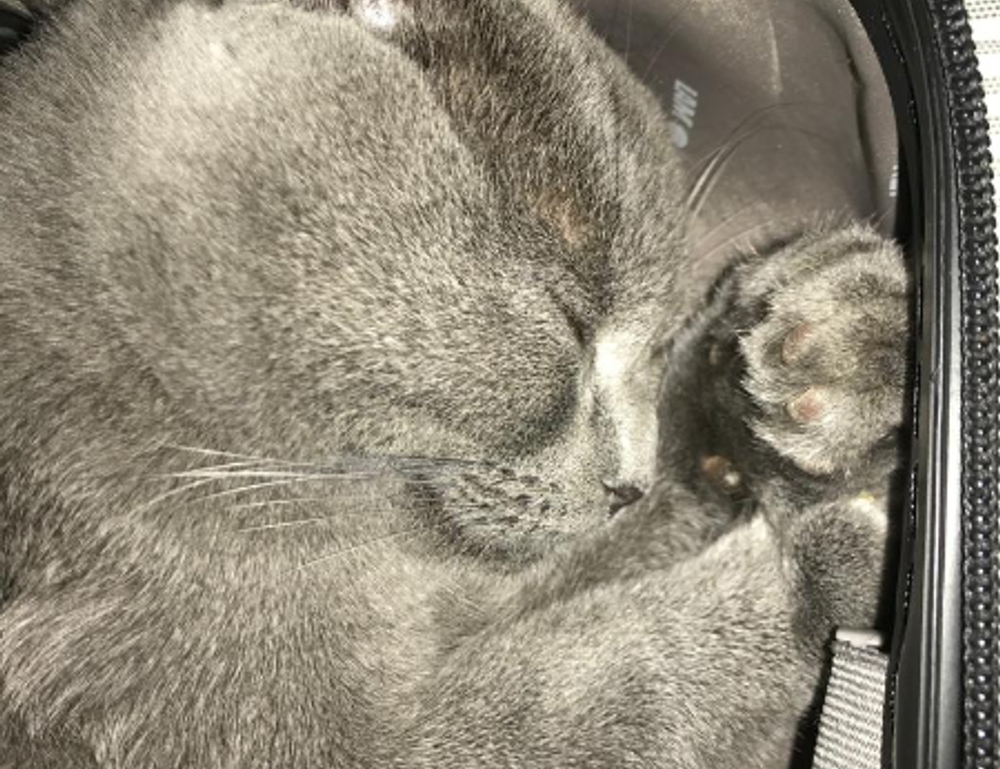What Is milondaygussing?
At its core, “milondaygussing” is internet slang. But like most terms that bubble up from internet culture, its meaning isn’t always straightforward. Some claim it started as a joke, others credit it to a misheard phrase in a video. Either way, it’s morphed from inside joke to a term that now carries its own cultural weight—however loosely defined.
Right now, “milondaygussing” is often used as a kind of placeholder for something exaggerated or obscure. Think of it as the internet’s version of an eyeroll or a sarcastic nod—dropping this word into a chat or post lets people know you’re calling attention to something you’re skeptical about, or maybe just mocking lightly. Its lack of precise definition is part of its appeal.
Where Did It Come From?
Like most viral expressions, it’s hard to pinpoint an exact moment when “milondaygussing” was born. The origin story is murky. Some internet detectives trace it back to a TikTok rant from early 2022, where the speaker uses a garbled version of a common phrase. That moment went viral. The term, oddly catchy, got picked up, passed along, and suddenly turned into an inside joke across platforms.
Reddit threads started tagging posts with the term. Tweets used it ironically. It became a kind of linguistic meme—stripped from its roots and used more for its sound and feel than any literal meaning. That’s common in internet culture. Once a phrase feels good to say, it doesn’t need much logic to spread.
How People Are Using It
The beauty of slang like “milondaygussing” is that it works in multiple settings. It’s not tied to any specific group, age, or context. You’ll see it:
As a quip in response to someone being overly dramatic online. In meme captions mocking outoftouch hot takes. Dropped casually in conversation as a verbal shrug.
Its flexibility means it can be playful, ironic, or even dismissive—depending on tone and delivery. More than meaning, it communicates a vibe. It’s also become a lowkey litmus test: if you get it, you’re probably tapped in to certain online subcultures.
Why It Sticks
What makes “milondaygussing” memorable isn’t a dictionary definition. It’s the way it sounds: rhythmic, almost made up, and impossible to forget once you’ve heard it. It falls in that sweet spot between nonsense and meaning, where the lack of clear translation actually adds to its power.
Internet culture loves ambiguity. The vaguer something is, the more ways it can be bent to suit whatever joke or trend is going around. That’s exactly where “milondaygussing” lives—it’s a blank canvas that plays well with sarcasm, satire, and all manner of digital injoking.
Internet Language and MicroTrends
Slang today doesn’t need years to evolve. Thanks to social media speed, a word can go from obscurity to ubiquity in a weekend. Microtrends—shortlived bursts of popularity driven by a meme, sound clip, or inside joke—create a perfect ecosystem for words like “milondaygussing.”
It’s part of a wider shift in how we create and consume language. No one’s waiting for approval from dictionaries. If something resonates, even briefly, it becomes part of the culture. Sometimes for a week, sometimes longer.
Is It Just Another Fad?
That’s the big question. Will “milondaygussing” stick around, or vanish like countless other slang terms before it? The odds aren’t great for longterm survival. Most viral language fades quickly. But even if it disappears tomorrow, it’ll have served its purpose: offering a shared moment of humor or mockery in online spaces.
And that’s enough. Online expressions aren’t about permanence. They’re about connection—fleeting, yes, but real in the moment.
Should You Start Using It?
If you’re wondering whether to toss “milondaygussing” into your next post or conversation, the answer depends on context. Among friends who stay plugged into internet culture? Sure. It’s fun, weird, and signals that you’re in on the joke. But in professional settings or with people who aren’t fluent in online trends? Maybe hold off.
Like any piece of slang, reading the room is key. If it brings a laugh, great. If it brings confusion, you’ve got a conversation starter.
Final Thoughts on milondaygussing
The rise of “milondaygussing” is a perfect snapshot of digital culture in motion. Weird words with unclear origins can still find a home in people’s daily chatter if they hit the right tone. It’s unfiltered, unserious, and probably not going to make it into Webster’s anytime soon—and that’s exactly why it works.
So the next time you see someone post a wild opinion, or you hear a take that’s just a little too overthetop, don’t be surprised if someone quietly replies with a dry “milondaygussing.” It doesn’t need to mean anything more than that.




